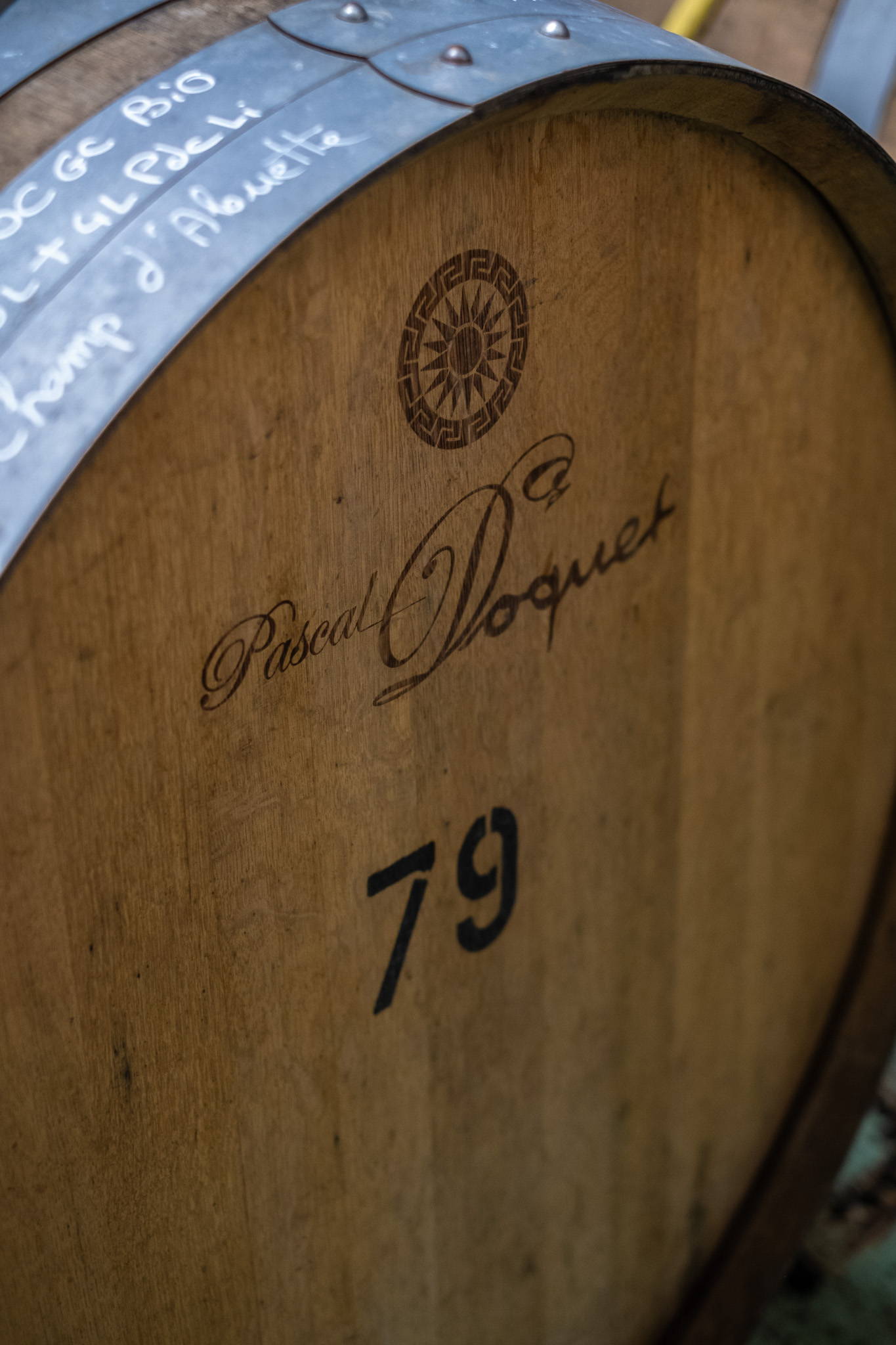PASCAL DOQUET
Pascal Doquet
In the cellar, everything is designed to preserve the singular identity of each site and each harvest.
- Pressing is gentle and selective only the first two presses are used for the top cuvées.
- Indigenous yeasts drive fermentation; selected native strains are used only when needed.
- Malolactic fermentation is not blocked but encouraged naturally, vintage by vintage.
- Aging takes place in a thoughtful mix: enamel-lined tanks (for purity), oak demi-muids and foudres (for breadth and slow evolution), and more recently, stoneware jars (introduced in 2017 for their inert micro-oxygenation and texture-building qualities).
- Reserve wines are stored on fine lees and used in a solera-like perpetual reserve, maintaining balance and continuity without sacrificing complexity.
Since 2012, all wines are vinified without filtration. Bottling takes place between March and May, followed by long lees aging in 19th-century chalk cellars, with cuvées typically released after at least three years of maturation. A portion of each vintage is kept in reserve, allowing Pascal to maintain consistency across non-vintage cuvées.
Dosage is minimalist, never sugar-based liqueur, but organic concentrated grapemust, resulting in cuvées that are almost always Extra Brut or Brut Nature.

In the cellar, everything is designed to preserve the singular identity of each site and each harvest.
- Pressing is gentle and selective only the first two presses are used for the top cuvées.
- Indigenous yeasts drive fermentation; selected native strains are used only when needed.
- Malolactic fermentation is not blocked but encouraged naturally, vintage by vintage.
- Aging takes place in a thoughtful mix: enamel-lined tanks (for purity), oak demi-muids and foudres (for breadth and slow evolution), and more recently, stoneware jars (introduced in 2017 for their inert micro-oxygenation and texture-building qualities).
- Reserve wines are stored on fine lees and used in a solera-like perpetual reserve, maintaining balance and continuity without sacrificing complexity.
Since 2012, all wines are vinified without filtration. Bottling takes place between March and May, followed by long lees aging in 19th-century chalk cellars, with cuvées typically released after at least three years of maturation. A portion of each vintage is kept in reserve, allowing Pascal to maintain consistency across non-vintage cuvées.
Dosage is minimalist, never sugar-based liqueur, but organic concentrated grape must, resulting in cuvées that are almost always Extra Brut or Brut Nature.
From the structured salinity of his Mesnil Grand Cru, to the mineral drive of Vertus Premier Cru, and the broader, chalky tension of Mont Aimé, Pascal’s wines are known for their precision, depth, and ability to age with grace.
The recently launched Champs Libres range reflects his desire to create cuvées with greater aromatic expression and fruit-driven clarity, often made in part with grapes sourced from organically farmed family vineyards nearby. It’s Champagne with the same foundation of rigor just a freer voice.
Pascal represents a rare combination of experience, humility, and innovation. His wines may not be the loudest in the room but they are among the most honest, age-worthy, and terroir-expressive in Champagne today. For those who care about how vines are farmed, how wines are made, and how Champagne can speak, this is a grower worth knowing.
REGION OF PRODUCTION
Champagne - France
APPELLATION
Champagne
FOUNDED
2004
VINEYARD
18.6 ha
CLIMATE
Ocean and continental climate
SOIL COMPOSITION
Cretaceous Chalk, Marl, Silex
VARIETIES GROWN
Pinot Noir, Chardonnay
AGRICULTURE
Organic farming, manual harvest
























